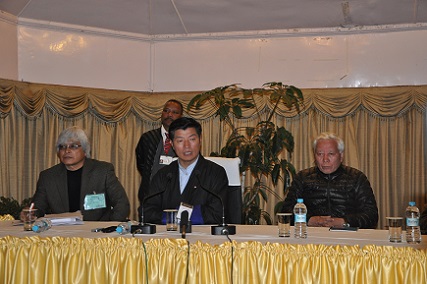
Shillong, Feb 4: Tibetan prime minister in-exile Lobsang Sangay said that the Tibet administration is following the mid-way-policy and willing to compromise on its demand for secession from China if Tibet is given ‘genuine-autonomy’ to end the sufferings of the Tibetans.
Sangay, who is part of the entourage of the Tibetan spiritual leader His Holiness the 14th Dalai Lama to Shillong told reporters during the media conference on Tuesday at Pinewood hotel, “Tibet administration follows the middle-way-policy (meaning in between repression and separation) as we want to see the sufferings of the people in Tibet ends immediately, for which we are willing to compromise in seeking separation from China, if we are given full autonomy in future.”
Elaborating on the “middle-way policy”, Sangay said it means finding a solution through peaceful dialogue and this is their stand.”
Revealing that the Tibetans are frustrated and desperate because of repression, economic marginalization, environmental destruction, social discrimination, cultural assimilation and others, Sangay said, “A total of over 125 Tibetans have self-immolated, out of which 106 of them have unfortunately died which shows that how painful the situation in Tibet is.”
Asserting that the present demand sought by the Tibet administration is very much under framework of the Chinese constitution, Sangay said that whatever they are seeking is within the provisions of the Chinese constitution. He informed, “As per article 4 of its constitution, it speaks about the minority act 1984.”
Sangay said that a memorandum demanding for genuine autonomy is in the form of written document consisting of 6 chapters (chapter 4 has eleven provisions of cultural rights, linguistic rights, environmental issues listed and clearly define quoting the Chinese constitution) which they have presented to the Chinese government in 2008.
Sangay informed that essentially what the Tibetans are saying is that they will not challenge China’s sovereignty and territorial integrity, if Tibetans are provided with genuine autonomy.
Speaking about the process of dialogues between the Tibetan administration and the Chinese authority, Sangay said that dialogue started between the two sides during the late 70s and even since there have been ongoing dialogues and the most prolong dialogue took place since 2002 to January 2010. He informed that 10 rounds of dialogues including 9 formal and 1 informal have taken place between the representatives of both the sides.
Sangay said that the last dialogue took place in January 2010 and after that there has been no dialogue. He reiterated that the Tibetan administration believes in non-violence and resolving the issue through dialogue.
Answering a query on whether the “middle-way” and demand for “genuine autonomy” is not a betrayal to the people of Tibet, Sangay defended by saying, “The middle way is middle of repression and separation. We want to see the suffering of Tibetans ends immediately and that is our primary objective and to achieve that we are willing to compromise the separation.”
Sangay, therefore, said that if Tibet gets genuine autonomy it will alleviate the suffering of Tibetans immediately and Tibetans from inside Tibet are also very supportive to this move.- By Our Reporter







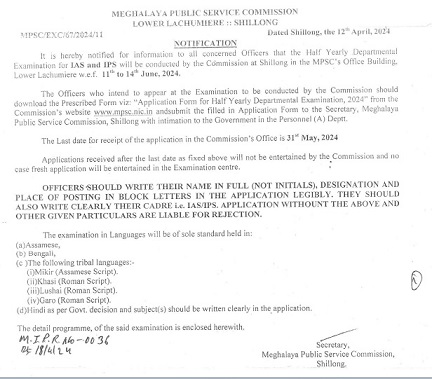






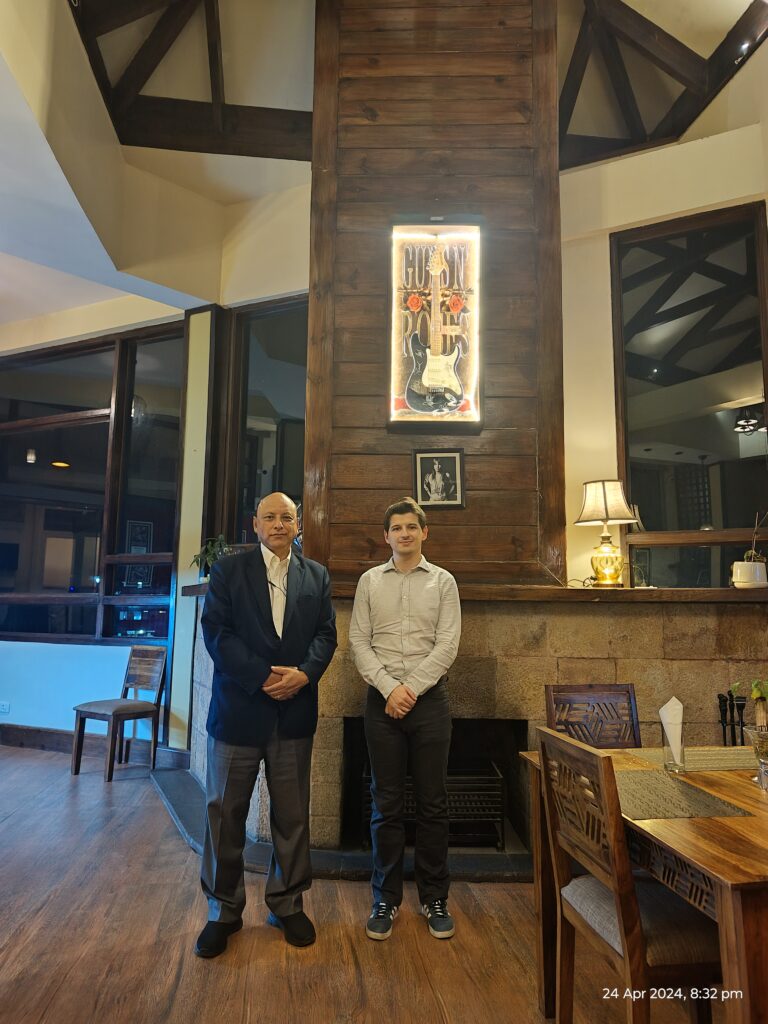
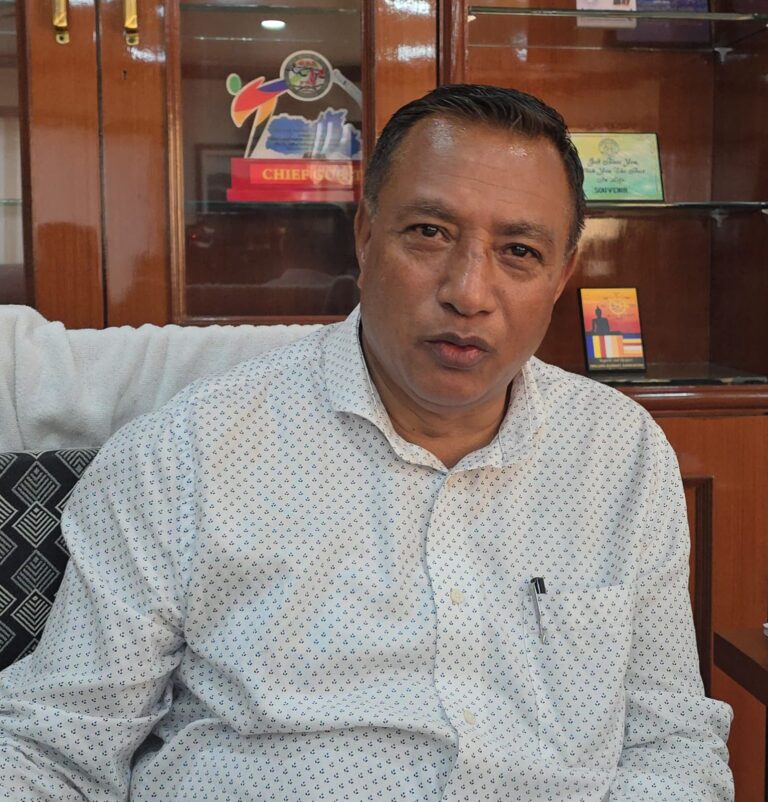
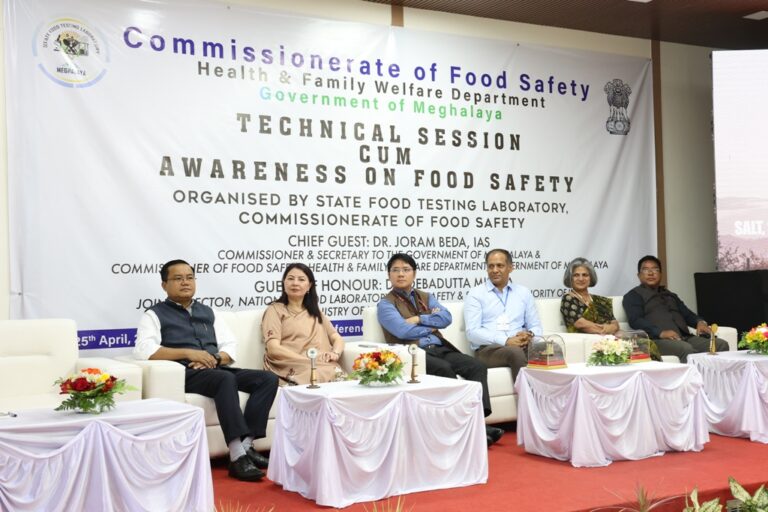
+ There are no comments
Add yours